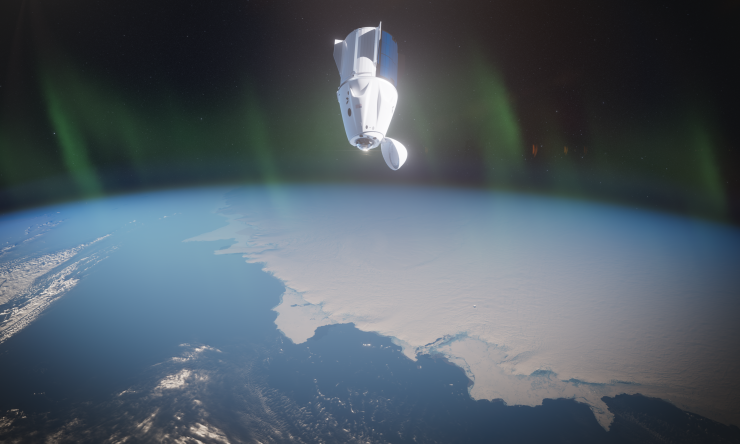Meet the Initiative鈥擲ENTINEL
As we venture farther out into our solar system, we must be prepared to keep astronauts healthy through long-duration exposures to deep space. This will require a better understanding of the ways in which the environment beyond low Earth orbit (LEO) affects the human body. In response to this need, TRISH created SENTINEL (Science ENterprise to INform Exploration Limits) to advance automated microphysical system (MPS), or tissue chips, technology to preserve and protect the health of astronauts during and after their missions.
Space explorers headed to Mars will travel outside the protective layers of Earth鈥檚 atmosphere and magnetic field, leaving them vulnerable to a unique microgravity and radiation environment unlike anything we find on Earth. Heavy ions, a small part of that space radiation spectrum, travel through space at close to the speed of light and can cause considerable damage when they impact the human body. Too much of this damage can put astronauts at risk of elevated inflammation, degenerative diseases, and an increased lifetime risk of cancer. Developing tools that can measure the biological response to the space environment beyond LEO will be crucial in keeping astronauts healthy and high-performing throughout long-duration deep space missions.
EXPAND
TRISH鈥檚 EXPAND Program collects pre-, in-, and post-flight health and performance data from multiple commercial space flights.
HERMES
TRISH鈥檚 HERMES facilitates the autonomous collection and monitoring of an astronaut鈥檚 biomedical and mission-related data on-orbit, allowing clinical and operations teams to access critical information at any time.




 Credit
Credit

